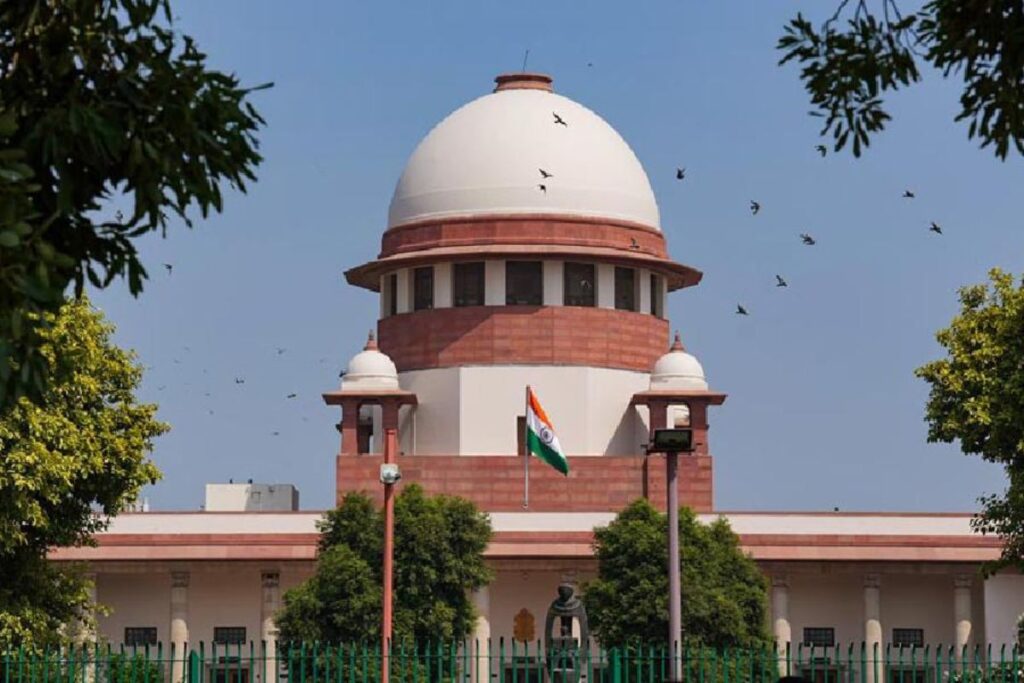Vidushi Vats
In a recent landmark decision, the Supreme Court unequivocally criticized the Rajasthan High Court’s directive to Jaipur Vidyut Vitran Nigam Ltd, instructing the state instrumentality to enter into a power purchasing agreement. The Supreme Court, comprising Justices BR Gavai and PS Narasimha, declared that such a directive, deemed detrimental to public interest, was beyond the purview of the High Court’s authority.
The Supreme Court maintained a firm stance, asserting that the High Court must exercise its discretionary power under Article 226 judiciously, intervening only in cases that serve the greater public interest rather than responding merely to legal points raised.
The contentious situation arose when the appellant, after a meticulous evaluation by the Bid Evaluation Committee (BEC), opted not to procure electricity from the respondent. The BEC found the prices quoted by L-4 and L-5 bidders to be exorbitantly high, potentially placing an undue financial burden on the state’s consumers. Consequently, the appellant made the decision not to proceed with the electricity purchase from the respondent.
Following an interim order by the Supreme Court, prompted by an application from L-5 bidder SKS Power, the High Court of Rajasthan, utilizing Article 226, issued a writ petition. The petition sought a mandamus directing the appellants to issue a Letter of Intent, sign a Power Purchase Agreement, and adopt the tariff of the respondent. Notably, the High Court granted these requests, a decision that has now been critically reassessed and reversed by the Supreme Court.
The Division Bench, relying on the precedent established in the case of Air India Ltd. v. Cochin International Airport Ltd. and others, emphasized the state’s prerogative to choose its decision-making method. It clarified that terms of tender invitations are beyond the scope of judicial scrutiny. However, the court made a crucial clarification: while the decision-making process is not subject to judicial review, any defects in the process can be examined, and the court can intervene if malfeasance, unreasonableness, or arbitrariness are identified.
In a noteworthy observation, the court reiterated that the discretionary power under Article 226 should be wielded with great caution and only in the interest of public welfare. The court emphasized that interventions should only occur when overwhelming public interest necessitates such actions.
In a resolute conclusion, the Supreme Court held that unless the decision-making process is marred by arbitrariness, malfeasance, or irrationality, the High Court is not justified in issuing a mandamus. The court underscored that such interventions could compromise public interest, especially when rates quoted by bidders are higher, potentially burdening consumers.
This Supreme Court decision stands as a significant precedent, reinforcing the principle that legal interventions must align with broader public welfare considerations.
Case: JAIPUR VIDYUT VITRAN NIGAM LTD. & ORS. V. MB POWER (MADHYA PRADESH) LIMITED & ORS.
Citation: CIVIL APPEAL NO.6503 OF 2022
Link: https://main.sci.gov.in/supremecourt/2021/25492/25492_2021_3_1501_49217_Judgement_08-Jan-2024.pdf


